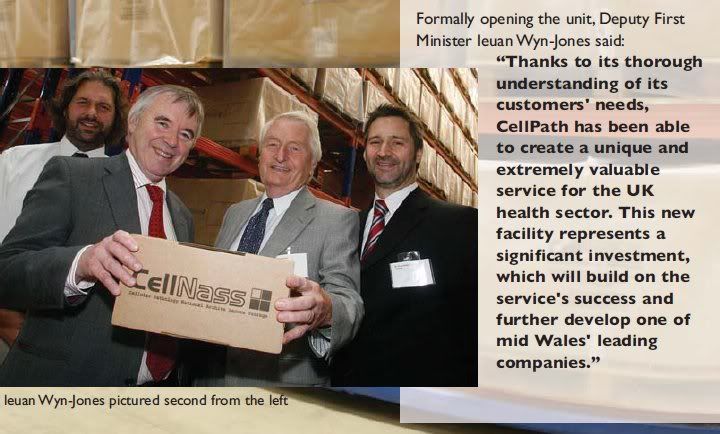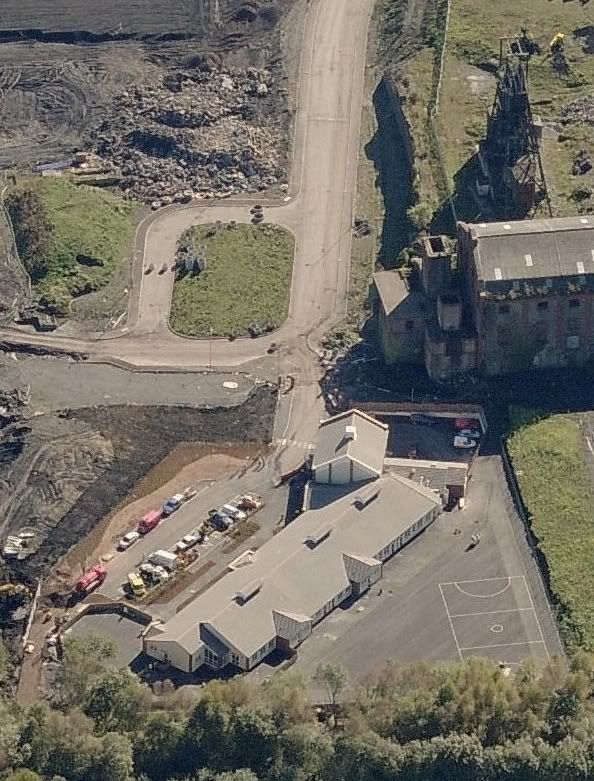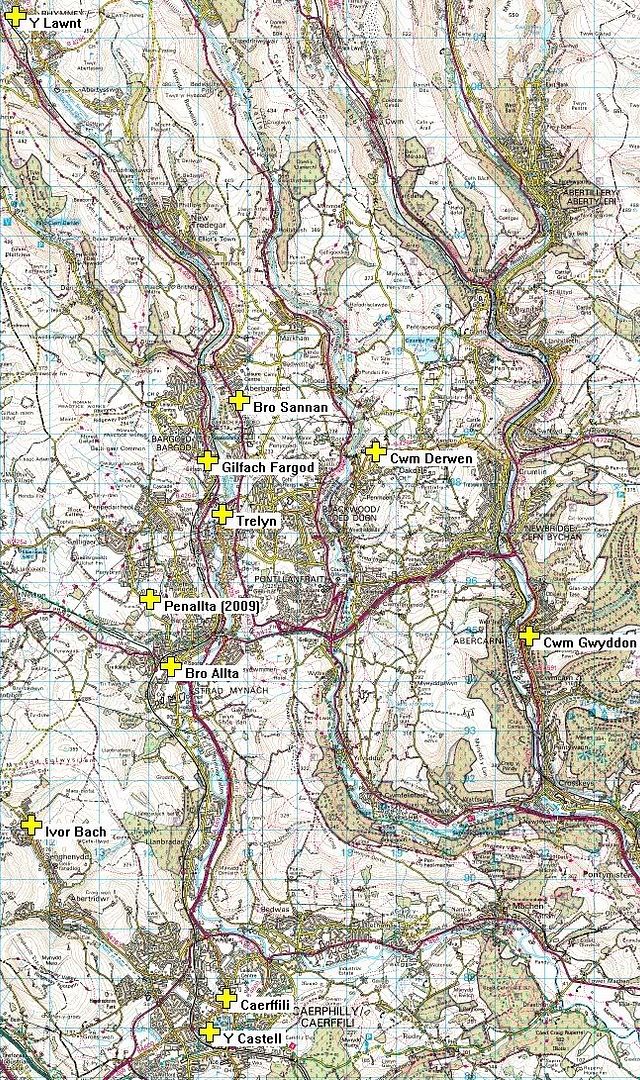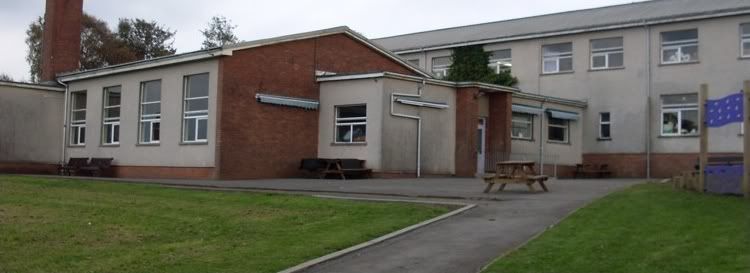In my last post on Welsh medium education in the County Borough of Caerffili I finished by asking where the additional WM schools should be. It would be silly to ask the question without making an attempt to answer it.
I did mention that a new WM primary school was being proposed as part of the Bedwas Colliery redevelopment, so I'll take that as a need that has already been addressed and for which there is an obvious solution. So the next priority I can identify is Risca (or Rhisga) and this post briefly sets out the case and supporting evidence for a WM primary school there.
-
At present the nearest WM school to Risca is Cwm Gwyddon at Abercarn, which is about 7km by road from Risca. As I mentioned before, the Welsh Government turned down Caerffili Council's application to provide three additional WM schools in 2003. One of those locations was Trinant. In the decision letter, one reason quoted for Jane Davidson's refusal was:
• Further Welsh language provision is required in the Risca and Crosskeys area, rather than at the top of the valley.
Source
So even six years ago there was a recognized demand for WM education in Risca. Now let's see if we can substantiate that and put some hard figures against it. As it happens there is an established WM nursery called Cylch Meithrin Dewi Sant in Ty Sign. This was inspected by Estyn at the end of 2006, and this is an extract from the report:
This Welsh medium cylch meithrin is held in St David’s Church Hall in the Ty Sign area above the town of Risca. The nursery serves a very large housing estate and its surrounding area which is acknowledged as being socially deprived with a high level of unemployment.
The nursery is open for four sessions per week, with 30 children between two and a half and three years of age currently on the register.
After leaving the nursery, nearly all the children transfer to the nearby English medium primary school as the nearest Welsh medium provision is a considerable distance away and the local authority does not provide for their transport.
Source
So, from the evidence of this one nursery group alone, in just one part of Risca, it seems clear that there is at least enough local demand to support a one form entry WM school somewhere in Risca.
-
Now let's turn to Caerffili's own Welsh Education Scheme for 2009-14. One of its objectives is:
• To ensure that there is a 100% transfer rate from cylchoedd meithrin and Welsh medium primary schools.
WES - Item 2.1 page 66
From the Estyn report, that is very far from being met. Of course, one obvious question to ask would be whether more parents would be prepared to let their children make the journey to Cwm Gwyddon if it were to be paid for. It's a good question, but unfortunately it's not really relevant because we can see from the WES (page 35) that Cwm Gwyddon now only has 10 surplus places in total, i.e. fewer than two spare places per year group.
-
The final part of the equation is of course the hardest. Having established that there is a clear need, the question is where that school should be and whether it's affordable. The three latest schools built or being planned in Caerffili (at Penallta, Waterloo and Bedwas) were, or are going to be, built under Section 106 agreements. All three are part of large new housing developments, and a Section 106 agreement is a contract under which the developer agrees to provide either a sum of money or build something of value to the community in return for getting planning approval for the development. In these three cases the Council essentially gets a new school building for free.
There is no similar derelict industrial site in Risca, and my guess would be that the Council doesn't have the money to build a new school, so we need to look at the existing provision to see if there is room for some juggling. This is a map of the area showing the four schools that feed into Risca Community Comprehensive School. Click on it to open it at a larger size.
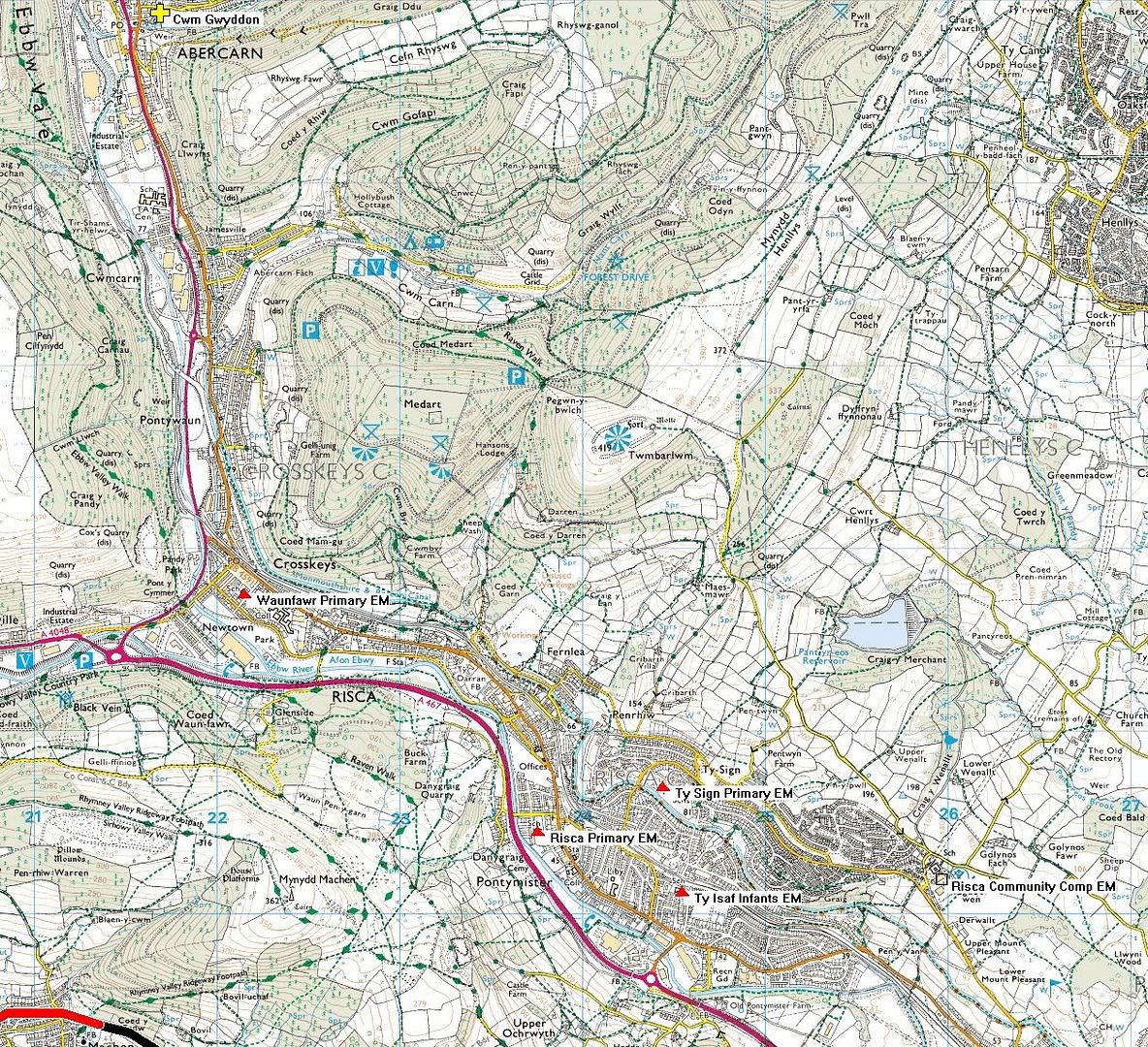
From the 2007 figures, these are the numbers at each of the feeder schools and their capacities:
Waunfawr Primary School
132 on roll, 152 capacity, 20 surplus places
Risca Primary School
Infants building ... 91 on roll, 73 capacity, 18 over capacity
Junior building ... 254 on roll, 247 capacity, 7 over capacity
Ty Sign Primary School
458 on roll, 569 capacity, 111 surplus places
Ty Isaf Infants School
86 on roll, 150 capacity, 64 surplus places
Source
Now I hesitate to say this because it will sound glib, but at a strategic level it is clear that Ty Isaf Infants School could be closed, with all its current pupils accommodated at Ty Sign Primary instead. Even if we completely ignored the Welsh-medium factor, the number of surplus spaces at Ty Isaf would at the very least put a question mark over its continued viability as a school. Also the two schools are only 500m apart, so there would be little inconvenience for the children concerned.
However if we do take the WM factor into account, even a modest 20 children a year choosing WM education would reduce the numbers going to EM schools by 140.
-
So next we need to look at whether the current Ty Isaf building would be suitable for use as a WM school. Their website has an informative video, and this is a satellite picture:
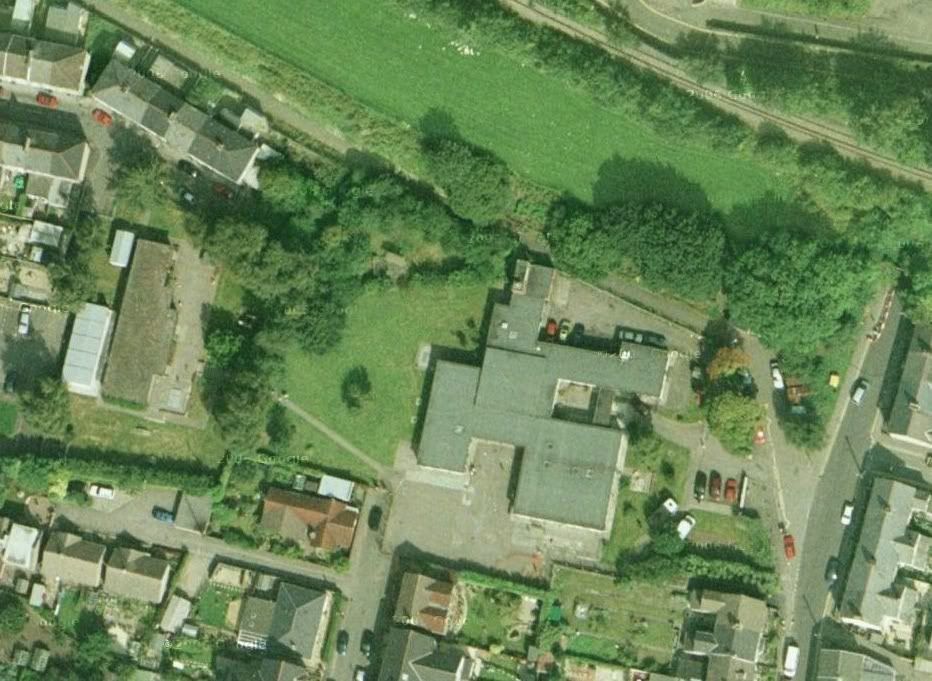
It is an infants school at present, with four teaching areas in the main building and a nursery in a separate annex. As it only caters for a nursery and three year groups, its capacity of 150 (excluding the nursery) is on the small size for a full 1FE primary. However there is room on the land between the school and the railway for either temporary classrooms in the short term, or for a permanent extension. Temporary classrooms are not ideal, but the sad fact is that an awful lot of schools, particularly WM schools, are forced to rely on them. Two additional classrooms would raise the capacity from 150 to the standard 210 for a 1FE primary school.
If it were up to me, I would not close the school and then re-open it as a WM school, but would implement the change gradually by making next year's intake entirely WM, with any children who want an EM education going to Ty Sign instead. Thus no child who is already at the school would have to change school, and when children reach the end of KS1 they move on to Ty Sign or Risca Primary anyway. The nature of the school would be a bit unusual for the first few years in that teaching in classes would be in Welsh but the communal activities would be predominantly in English. I don't think that should cause any major problem. After three years the school would become fully WM, so even the children in the first WM intake would have their entire KS2 education in a normal WM context. It would not be necessary to provide the additional accommodation until then.
-
Of course I in no way want to suggest that the current Ty Isaf is anything other than a very good school. According to Estyn it is one of the best. But that isn't the point. The point is that the parents of somewhere around 25 children in Risca each year choose to send them to a WM nursery but then have to switch to EM schools. Why should we make it so difficult for these children to continue with a Welsh-medium education, and why aren't they entitled to have this locally in Risca?


